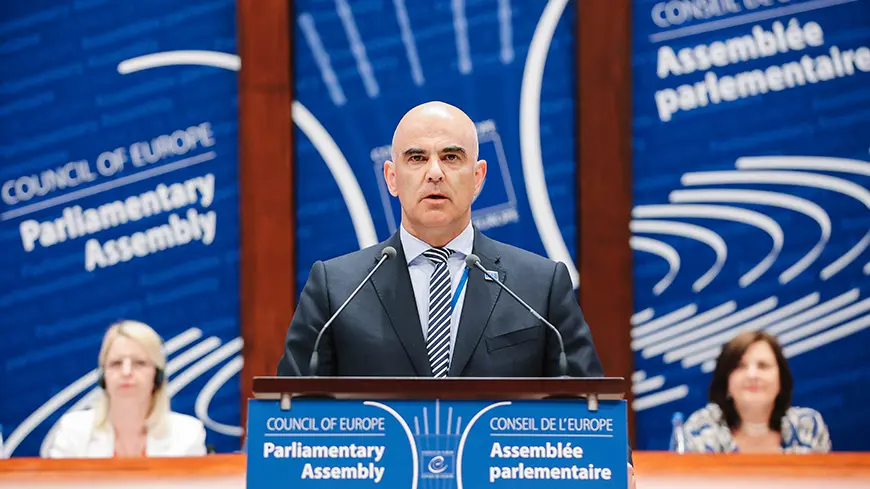Without a doubt, many of us, upon opening our Facebook, Instagram, Tiktok, or any other social media account and looking at the saved files section, would find dozens of saved but forgotten links to articles, videos, and other materials. This action can be called “bookmarking”— a process during which we can save various online content and then easily find it in one place. But how does it happen that we save and accumulate so much, yet never return to it?
Do we know the purpose behind saving these links?
When examining the act of bookmarking within the context of consciously choosing to save information seen online, it can be linked to a deliberate decision and intention to use the saved link in the future. This indicates that the user wants to systematize and organize information so that it can be easily found and used according to their needs.
However, today, there is a growing risk and trend of accumulating large amounts of information: various social content, website links, or emails that are often stored in an unorganized manner and without a specific purpose. This behavior has already been given a term by psychologists and researchers — “digital hoarding”.
Hoarding as an action is not new to researchers, as there have always been people who hoard books, receipts, and many other physical items. However, these habits are gradually shifting into the digital realm and becoming a new challenge. The constant saving of emails, reels, and articles may seem harmless, but it can lead to uncontrollable behavior and more serious consequences than might appear at first glance.
What drives the hoarding of digital material?
The act of saving certain content and never returning to it is a familiar experience for many, but this is usually not a serious problem. However, the increasingly uncontrollable desire—or the emerging compulsion—to constantly save everything you see online that piques your interest may appears from underlying psychological issues.
Firstly, when a person encounters certain material, they often do not control their decision and choose to save the content. They frequently feel that not saving it will cause anxiety, a sense of discomfort, and doubt that they will need the material in the future, but when the time comes, they may not have access to the necessary information.
The second reason why digital content is often hoarded is emotional attachment. This reason is more closely related to personal files, such as emails or photos, where it is difficult to let go because the person feels a sense of loss.
How to tell if you are a digital hoarder?
Dr. Richard Brown outlines five signs that can help determine whether any of us are digital hoarders. Firstly, it’s the constant accumulation of digital material, such as a full email inbox or disorganized saved files, with the thought that they might be needed. Secondly, you don’t delete unused material that was saved but never reviewed. Thirdly, it’s difficult to find what you need among the abundance of saved files. Fourthly, there is an emotional attachment, making it hard to delete unused files. Fifthly, you save files across multiple platforms or devices to ensure access.
Final Word
While hoarding physical or digital materials may seem harmless and almost a universal behaviour, everyone should carefully consider whether the saved information is necessary and if it will be useful and needed in the future.
Written by Agnė Vaišnoraitė
Sources: UCLA Health, Psychology Today
You can offer your link to a page which is relevant to the topic of this post.





